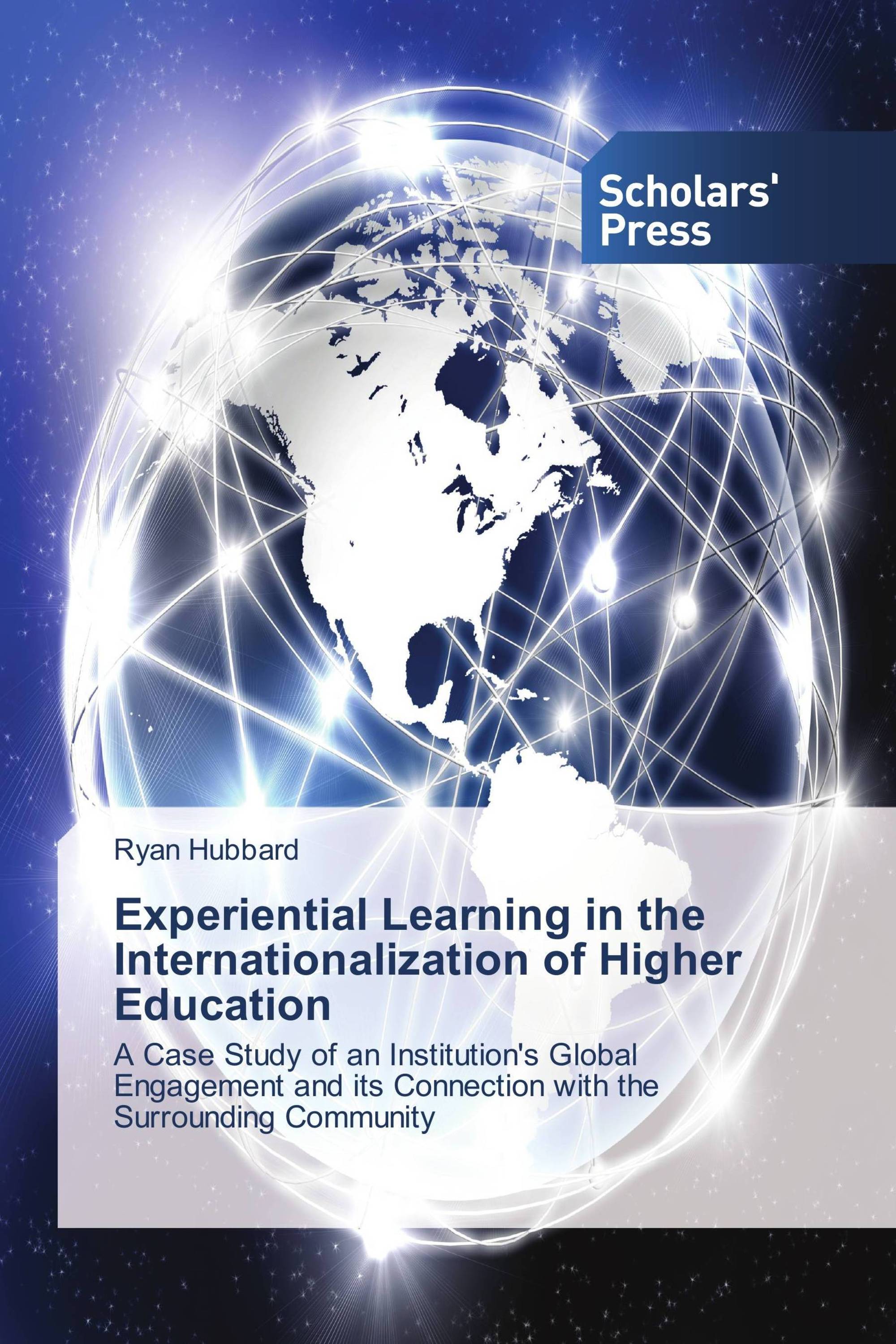Experiential Learning in the Internationalization of Higher Education
A Case Study of an Institution's Global Engagement and its Connection with the Surrounding Community
€ 67,90
This study examines the extent to which an institution’s international programs connect with its surrounding community through a case study of Northeastern University. It seeks to explore the variety of ways experiential learning can transform curriculum to prepare students to meet the demands of a global society. Marginson and Rhoades’ (2002) theoretical glonacal agency heuristic serves as the theoretical framework to demonstrate the dynamics of interconnection at global, national, and local levels and how organizations and individuals can create change at these various levels. This study details how Northeastern’s global engagement, in the form of its international co-op program, created connections with its surrounding community through the students’ actions in the form of working or volunteering for a local business or organization related to their international co-op experiences. The existence of the co-op program, as well as Northeastern’s commitment to internationalizing its campus, help provide the opportunity for students to engage in international experiential learning to make these connections.
Book Details: |
|
|
ISBN-13: |
978-3-639-70740-3 |
|
ISBN-10: |
3639707400 |
|
EAN: |
9783639707403 |
|
Book language: |
English |
|
By (author) : |
Ryan Hubbard |
|
Number of pages: |
140 |
|
Published on: |
2014-01-27 |
|
Category: |
Education system |
